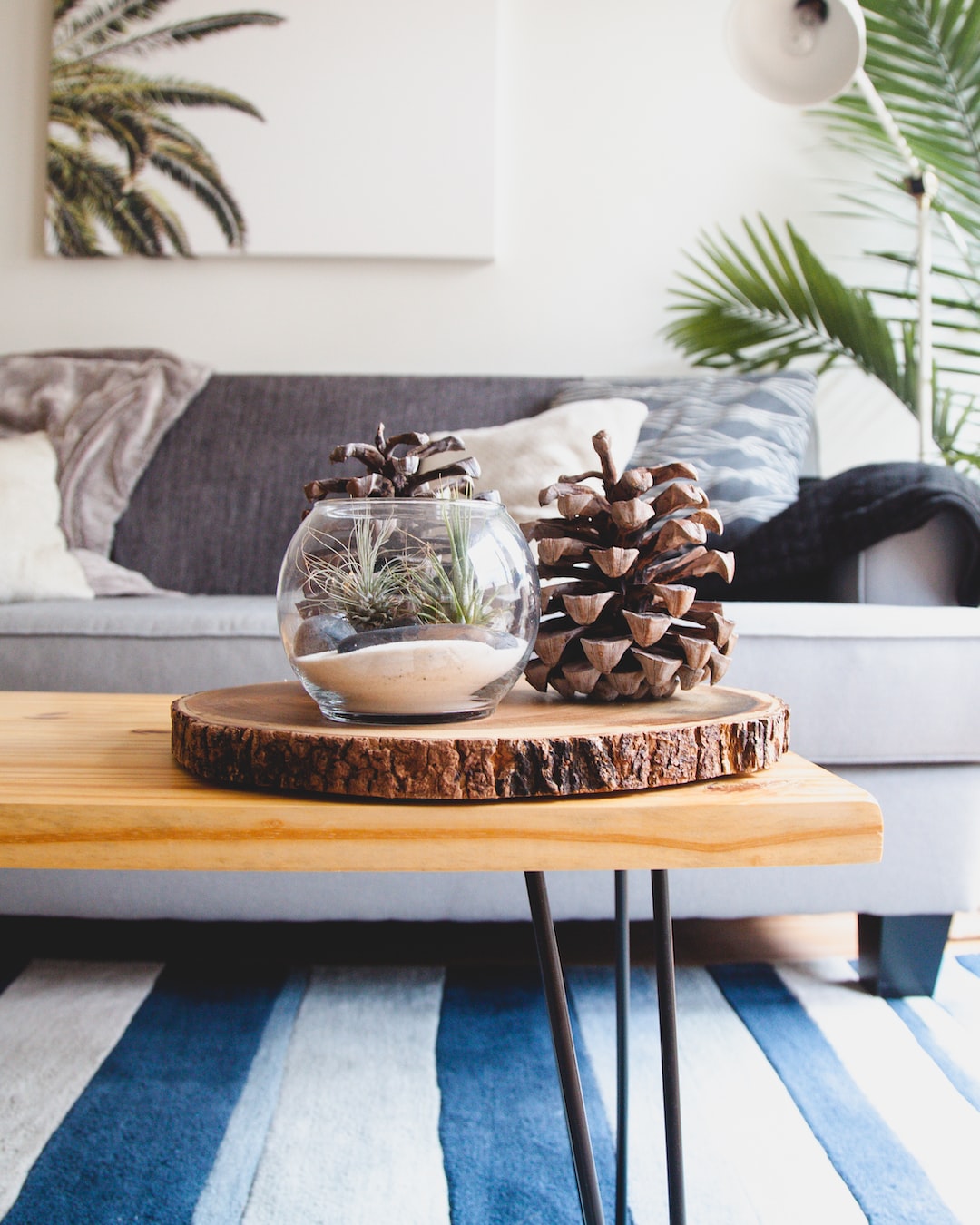Stress and anxiety are natural human emotions that are often accompanied by physical symptoms such as increased heart rate, sweating, or difficulty breathing. While medication is often used to treat anxiety and stress, it is not always the best option. There are several techniques that people can employ to cope with anxiety and stress without medication.
1. Mindfulness Meditation
Mindfulness meditation is a technique that involves focusing your mind on the present moment and accepting your thoughts and emotions without judgment. This is a powerful tool for managing anxiety and stress, as it can help you to develop a greater sense of calm and inner peace. Mindfulness meditation has been shown to reduce stress, anxiety, depression, and chronic pain.
2. Breathing Exercises
Breathing exercises can help to reduce anxiety by slowing down your heartbeat and helping you to relax. One popular breathing exercise is the “4-7-8” technique, which involves inhaling for 4 seconds, holding your breath for 7 seconds, and exhaling for 8 seconds. Repeat this exercise for several minutes until you feel calmer.
3. Exercise
Exercise is a great way to reduce stress and anxiety. It helps to release endorphins, which are natural chemicals that make you feel good. Exercise also helps to improve your mood, reduce tension, and increase your energy levels. Try to exercise for at least 30 minutes every day to feel the benefits.
4. Progressive Muscle Relaxation
Progressive muscle relaxation involves tensing and then relaxing different muscle groups in your body. This technique can help to reduce muscle tension and promote relaxation. Begin by tensing your muscles for a few seconds and then relaxing them. Work your way through each muscle group in your body until you feel completely relaxed.
5. Get Enough Sleep
Lack of sleep can exacerbate feelings of anxiety and stress. It is important to get enough sleep to give your body time to recharge and rejuvenate. Try to get at least 7-8 hours of sleep every night. If you have trouble sleeping, try relaxing before going to bed and avoiding electronic devices that emit blue light.
6. Avoid Caffeine and Alcohol
Caffeine and alcohol can exacerbate feelings of anxiety and stress. These substances can cause your heart to race, making you feel more anxious and stressed. Try to reduce your consumption of caffeine and alcohol, or avoid them altogether.
7. Practice Self-Care
Self-care is important to maintain your mental health and wellness. This may involve taking a warm bath, reading a book, or indulging in a favorite hobby. Take some time every day to do something that makes you feel relaxed and happy.
In conclusion, there are several techniques that people can employ to cope with anxiety and stress without medication. Mindfulness meditation, breathing exercises, exercise, progressive muscle relaxation, getting enough sleep, avoiding caffeine and alcohol, and practicing self-care are all effective ways to reduce stress and anxiety.

